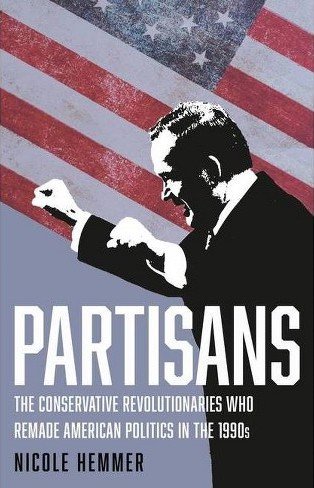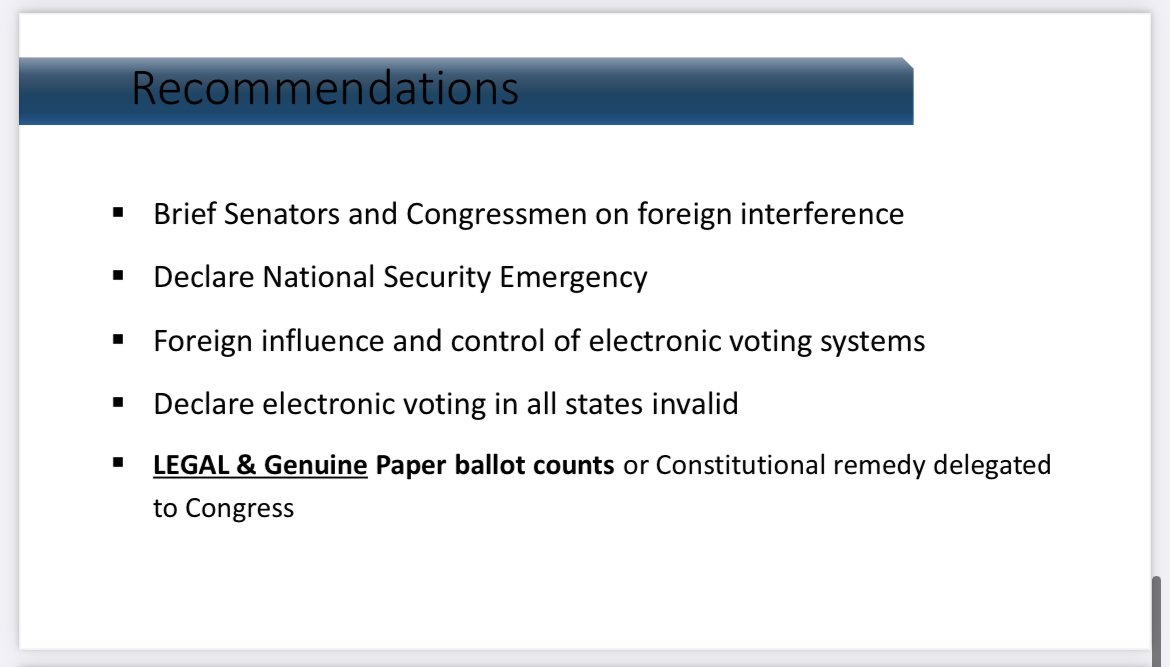Special Episode: Insurrection Reflection
One year after an attempted coup in America, justice - and electoral safeguards - remain elusive.
Read
Jamelle Bouie and Nicole Hemmer return to the show this week for a special conversation looking back on the siege of the U.S. Capitol on Jan. 6, 2021, and looking forward at the prospects for democracy in the post-Trump era. Both the country’s political leaders and the media, our guests say, have been reluctant to embrace a rhetoric of emergency to define the moment. And as lawmakers investigate the attack, the window is closing on enacting genuine reforms to ensure voting rights and fair elections.
Meet
Jamelle Bouie is a New York Times columnist, a political analyst for CBS News, and a resident scholar at the University of Virginia’s Center for Politics. He covers history, political campaigns and American culture. Bouie previously worked at Slate and The Daily Beast and has held fellowships at The American Prospect and The Nation. He co-hosts the podcast Unclear and Present Danger, and is an avid photographer. Follow him on Twitter @jbouie.
Nicole Hemmer is an associate research scholar at Columbia University’s Obama Presidency Oral History Project. She’s the author of Messengers of the Right: Conservative Media and the Transformation of American Politics (University of Pennsylvania Press, 2016). Her forthcoming book, due out in late August, is Partisans: The Conservative Revolutionaries Who Remade American Politics in the 1990s (Basic Books, 2022). Hemmer writes commentary for major media publications and co-founded “Made by History” at the Washington Post. Her own podcast projects include Past Present and This Day in Esoteric Political History. Follow Hemmer on Twitter @pastpunditry.
Conservative commentators and politicians sent feverish text messages to then–White House chief of staff Mark Meadows on Jan. 6, 2021, imploring the president to stop the riot. Now, Hemmer says, those same conservatives are promoting mass amnesia, even as Democrats fail to assert the power of their majority in Congress to protect American democracy.
In her new book, Partisans, Hemmer revisits the time of Newt Gingrich, Pat Buchanan and Rush Limbaugh. And she makes the case that the 1990s — not the Reagan era — were the crucial inspiration for today’s right-wing populism.
That era gave birth to the disinformation-driven and conspiracy-spinning political tactics that have become so pervasive in the 21-century, Hemmer writes in a CNN op-ed.
In the late 1800s, Republican candidates did not hesitate to remind voters of the role Democrats played in fomenting the Civil War. Bouie argues that Democrats today should adopt a similar “bloody flag” narrative to combat antidemocratic extremism in the GOP.
A clause in the postbellum 14th Amendment banned former Confederates from holding office. That piece of the law was key to preserving the rights won for formerly enslaved people, Bouie writes. And he agrees with progressive Democrats that the same provision can and should be used today — to expel Republican members of Congress who abetted the Jan. 6 insurrection.
Decrying a conspiracy “in plain sight,” Bouie says the need for accountability is especially urgent as Trump allies wrest control of election oversight at local and state levels across the country.
Learn
Read more about how pro-Trump agitators are looking toward November 2022 and beyond, in this report from Charles Homans of The New York Times and this essay in the Washington Post from Ron Filipkowski, who tracks extremists on social media.
Citing two unnamed planners of the Jan. 6 rally, a Rolling Stone investigation published in October said pro-Trump organizers met dozens of times with members of Congress, their staff and Meadows in the leadup to the insurrection. Among the Republicans who coordinated with rally planners, according to the report, were Rep. Paul Gosar, who formally objected to the electoral votes from his own state of Arizona, and QAnon darling Rep. Marjorie Taylor Greene of Georgia.
Before voting to hold Meadows in contempt of Congress last month, Rep. Liz Cheney read aloud some of the text messages sent to Meadows from three Fox News commentators, who begged him to help end the chaos.
But Meadows has refused to testify before the House select committee investigating the Jan. 6 attack, and his case was referred to the Department of Justice.
The New York Times reported this week that Fox News host Sean Hannity will cooperate with the investigation. So will former Vice President Mike Pence, according to a CNN report published on the anniversary of the riot.
On the whole, Republicans have consistently opposed the work of the Jan. 6 committee, even though rioters beat a Capitol Police officer to death.
Cheney, who sits on the committee, is among a small group of Republicans who supported Trump’s second impeachment for incitement. The GOP later stripped Cheney of her No. 3 leadership role in the House.
Hugo Lowell of the Guardian detailed a PowerPoint presentation prepared for Trump, showing recommendations on how to remain in office, including declaring a national security emergency. Lowell also tweeted slides of the presentation, which were turned over to the Jan. 6 committee.
After interviewing more than 300 witnesses and gathering thousands of documents, the panel will go public with much of its findings in the coming weeks and months. Members will make their case to the public about who incited and financed the mob.
Will anyone listen? In the view of author Rebecca Solnit, the American public has grown dangerously apathetic. Similarly, Zach Beauchamp warns that the United States is “sleepwalking toward a disaster” that will end in one party.
Heard on this show
The show’s introduction this time is scored with songs from Podington Bear — “Tweetstorm Gathering,” off Electronic II — and from Shaolin Dub — “War,” off Enclosed Systems.













